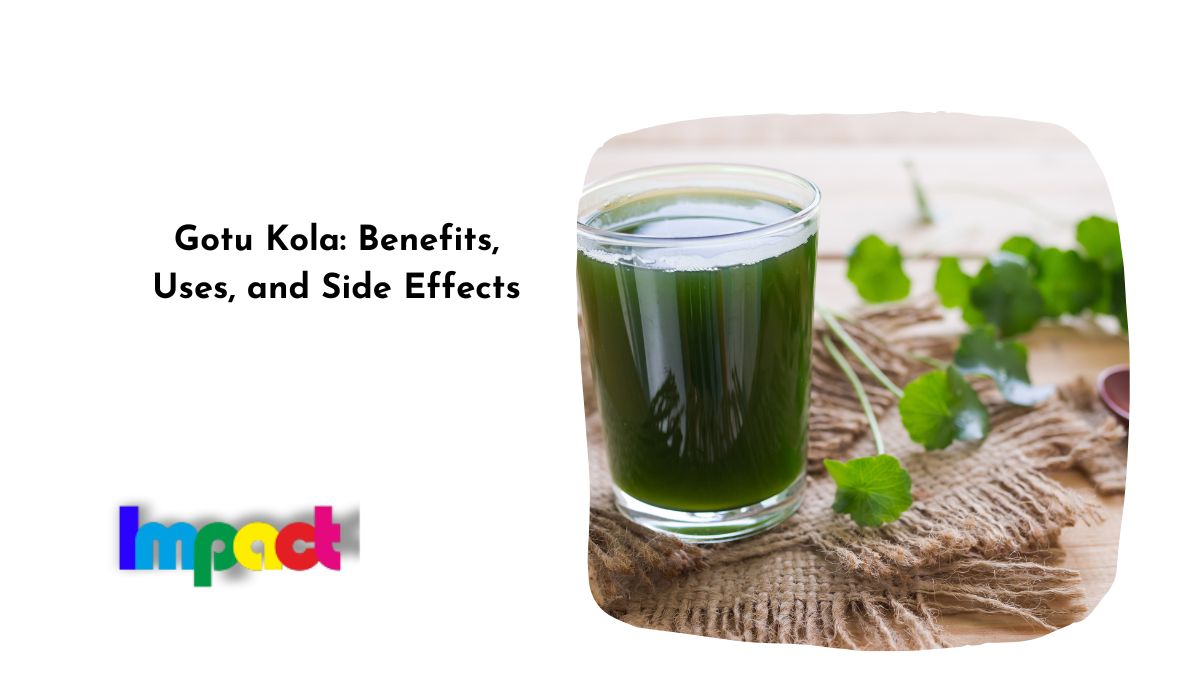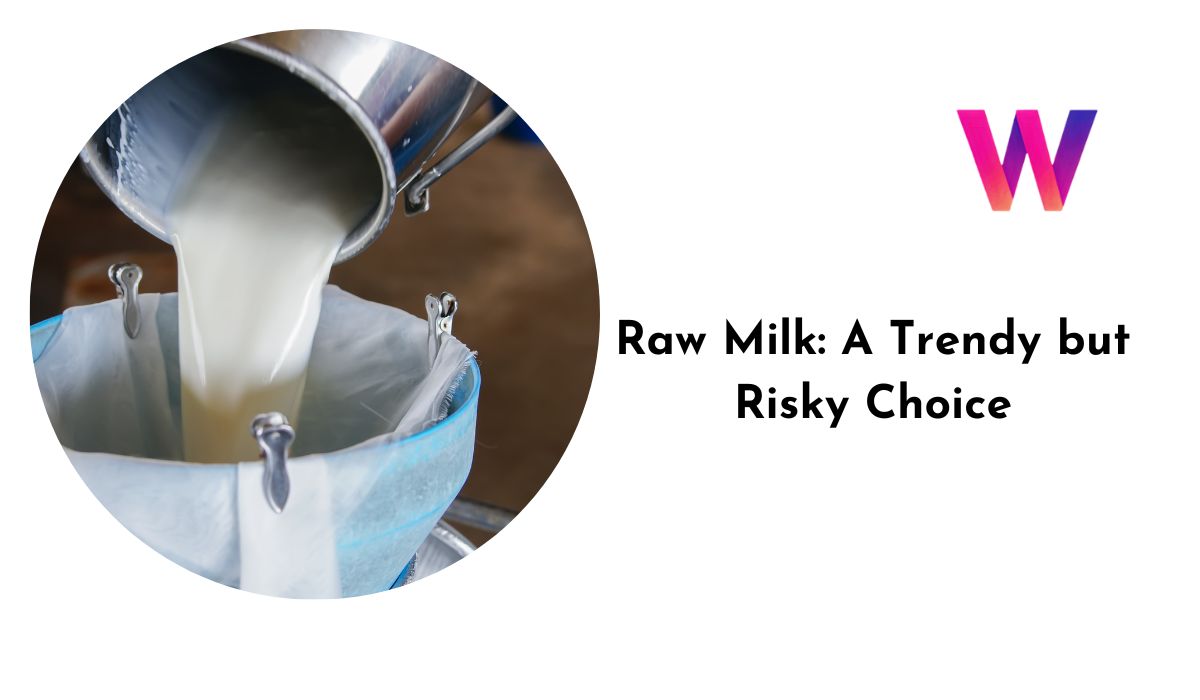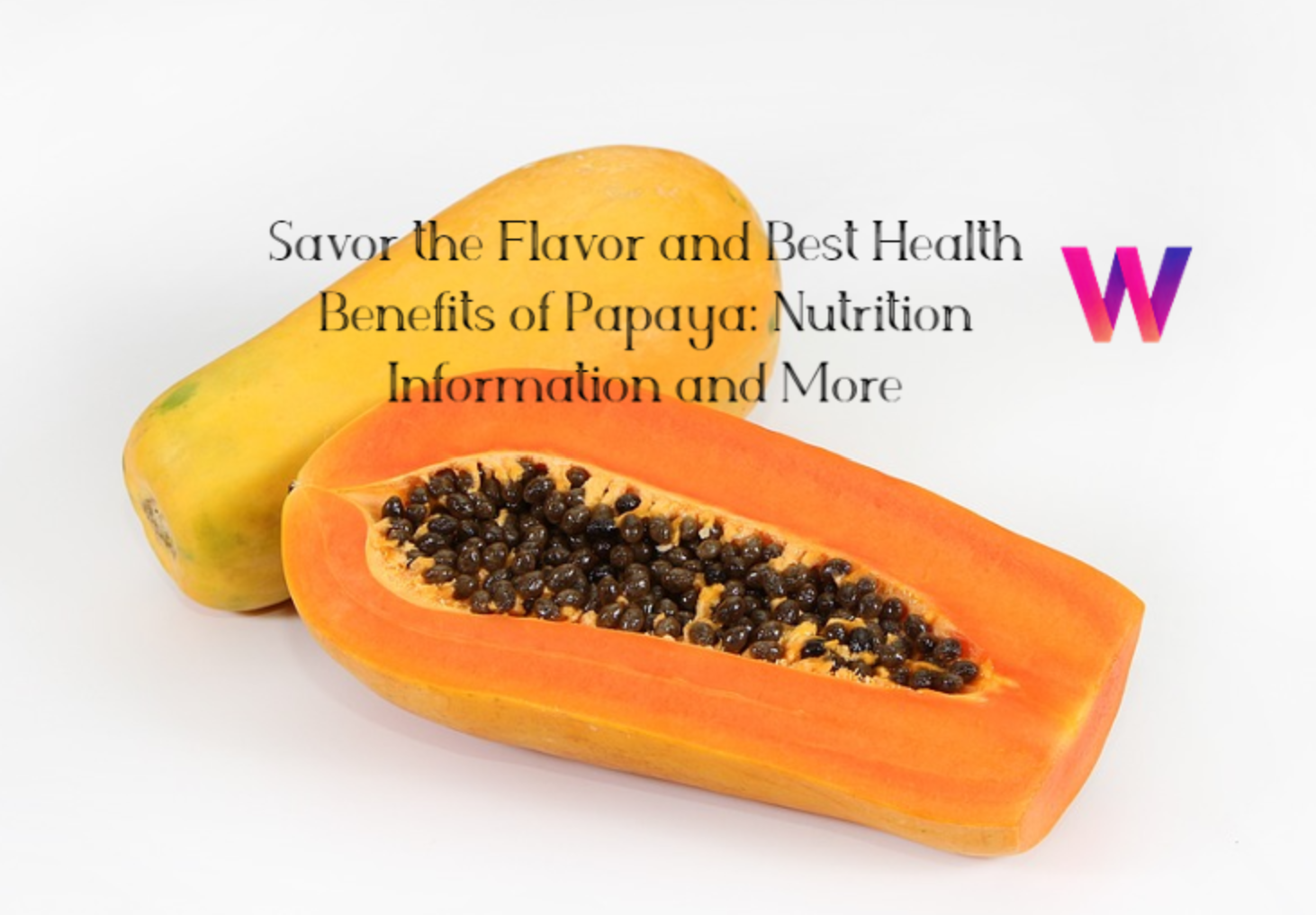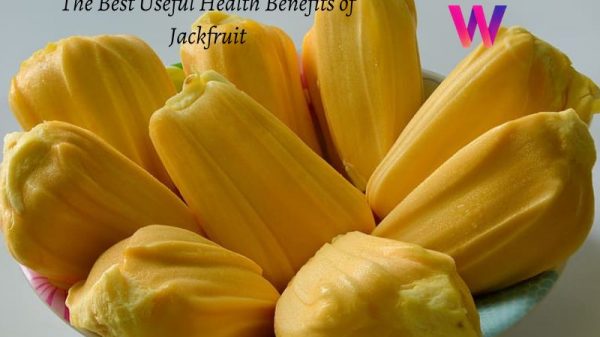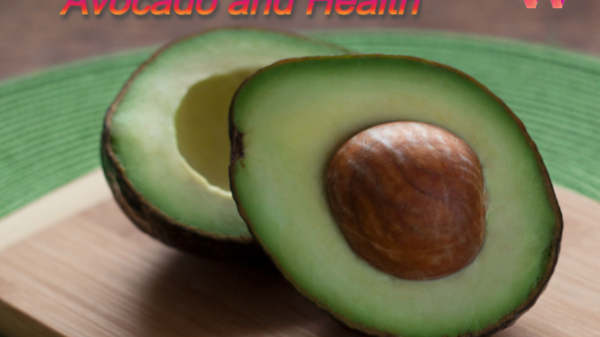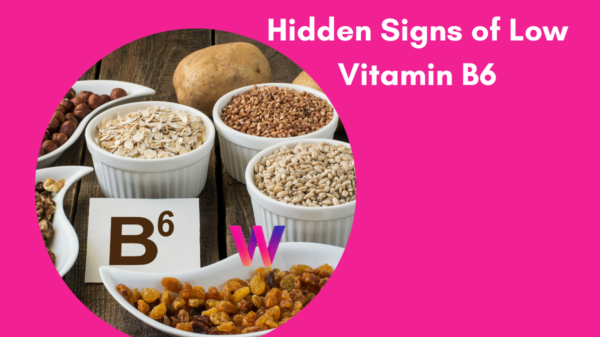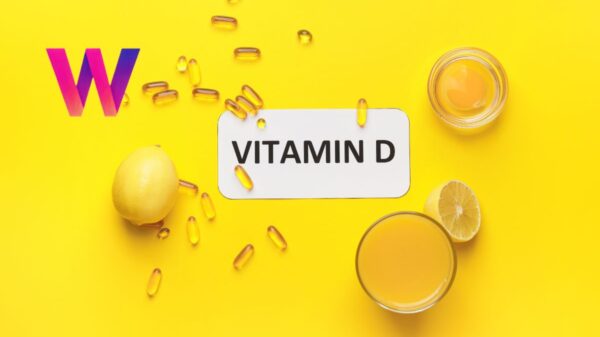Gotu kola is a perennial herb that belongs to the parsley family. It is native to southern Asia, but also grows in other parts of the world, such as Africa, Australia, and America. Gotu kola has been used for centuries in traditional medicine systems, such as Ayurveda, Chinese medicine, and Indonesian medicine, for various health conditions.
Gotu kola contains active compounds called saponins or triterpenoids, which may have various effects on the body and the brain. Some of the most studied saponins in gotu kola are asiaticoside, madecassoside, and madasiatic acid. These compounds may have anti-inflammatory, antioxidant, wound-healing, neuroprotective, and cognitive-enhancing properties.
In this article, we will explore some of the potential benefits, uses, and side effects of gotu kola, based on scientific evidence and traditional wisdom. We will also discuss how to use gotu kola safely and effectively.
Table of Contents
Benefits of Gotu Kola
Gotu kola may have several benefits for different aspects of health. Here are some of the most common ones:
1. It may improve cognitive function and memory
Gotu kola has been traditionally used to enhance memory, learning, and mental clarity. Modern research supports this use, as several studies have shown that gotu kola may improve cognitive function and memory in healthy people and those with cognitive impairment.
For example, a small study compared the effects of gotu kola extract and folic acid in boosting cognitive function after a stroke. The study assessed the impact on three groups of participants — one taking 1,000 milligrams (mg) of gotu kola per day, one taking 750 mg of gotu kola per day, and one taking 3 mg of folic acid per day. Although gotu kola and folic acid were equally beneficial in improving overall cognition, gotu kola was more effective in improving memory domain.
Another study looked at the cognitive-enhancing effects of gotu kola water extract on mice. Both young and old mice showed improvements in learning and memory using the Morris Water Maze, but the effect was higher in the older mice.
2. It may help treat Alzheimer’s disease
Gotu kola may also have potential in treating Alzheimer’s disease, a degenerative brain disorder that causes progressive memory loss and cognitive decline. Gotu kola may help by enhancing memory and nerve function, as well as protecting brain cells from toxicity and plaque formation.
One study on mice found that gotu kola extract had a positive effect on behavioral abnormalities in mice with Alzheimer’s disease. The extract was also shown to have a modest effect on protecting brain cells from toxicity. Another study found that gotu kola extract reduced amyloid-beta plaque formation in the brains of mice with Alzheimer’s disease. Amyloid-beta plaques are abnormal protein deposits that are associated with Alzheimer’s disease.
However, more research is needed to determine exactly how gotu kola could be used to treat Alzheimer’s disease in humans. If you’re interested in adding this to your treatment plan, talk to your doctor before use.
3. It may reduce anxiety and stress
Gotu kola has been used as a natural remedy for anxiety and stress for a long time. Some studies suggest that gotu kola may have an anti-anxiety effect by modulating neurotransmitters and reducing oxidative stress in the brain.
One animal study found that gotu kola had an anti-anxiety effect on male mice that were sleep deprived for 72 hours. Sleep deprivation can cause anxiety, oxidative damage, and neuroinflammation. Mice that were given gotu kola for five consecutive days before undergoing sleep deprivation experienced significantly less anxiety-like behavior. They also experienced improved locomotor activity and less oxidative damage.
A review of anti-anxiety herbal medicines also concluded that gotu kola has an acute anti-anxiety effect. However, more research is needed to confirm these findings in humans.
4. It may promote wound healing and skin health
Gotu kola has been widely used for wound healing and skin health in traditional medicine systems. It is believed that gotu kola can stimulate collagen synthesis, increase blood supply, and prevent infection in wounds. Collagen is a protein that provides structure and strength to the skin and other tissues.
Some studies support this use of gotu kola for wound healing and skin health. For instance, a study on rats found that topical application of gotu kola extract accelerated wound closure and increased collagen content in the wound tissue. Another study on humans found that oral intake of gotu kola extract improved wound healing by increasing antioxidant levels and reducing inflammation.
Gotu kola may also help with other skin conditions, such as eczema, psoriasis, varicose veins, and stretch marks. However, more research is needed to verify these effects.
5. It may support liver and kidney health
Gotu kola may also have benefits for liver and kidney health, as it may protect these organs from damage and improve their function. Gotu kola may do this by reducing oxidative stress, inflammation, and fibrosis in the liver and kidney tissues.
One study on rats found that gotu kola extract prevented liver damage induced by carbon tetrachloride, a toxic chemical. The extract reduced liver enzyme levels, lipid peroxidation, and fibrosis in the liver tissue. Another study on rats found that gotu kola extract protected the kidneys from damage caused by gentamicin, an antibiotic. The extract reduced kidney enzyme levels, oxidative stress, and inflammation in the kidney tissue.
However, more research is needed to confirm these effects in humans.
Uses of Gotu Kola
Gotu kola can be used for various purposes, depending on the health condition and the desired outcome. Some of the most common uses of gotu kola are:
- To improve cognitive function and memory
- To treat Alzheimer’s disease or prevent cognitive decline
- To reduce anxiety and stress
- To promote wound healing and skin health
- To support liver and kidney health
Gotu kola can be taken in different forms, such as capsules, tablets, powder, liquid extract, tea, or cream. The dosage and duration of use may vary depending on the form, the quality, and the condition being treated. It is advisable to follow the instructions on the product label or consult a healthcare professional before using gotu kola.
Side Effects of Gotu Kola
Gotu kola is generally considered safe when taken at recommended doses for short periods of time. However, some people may experience some side effects, such as:
- Headache
- Drowsiness
- Dizziness
- Nausea
- Stomach upset
- Skin irritation
- Allergic reaction
These side effects are usually mild and transient, but if they persist or worsen, stop using gotu kola and seek medical attention.
Some people may be more prone to side effects or complications from gotu kola, such as:
- Pregnant or breastfeeding women: Gotu kola may cause uterine contractions or affect fetal development. It may also pass into breast milk and affect the nursing infant. Therefore, it is not recommended to use gotu kola during pregnancy or breastfeeding.
- Children: There is not enough evidence to determine the safety and effectiveness of gotu kola for children. Therefore, it is not recommended to give gotu kola to children without medical supervision.
- People with liver or kidney disease: Gotu kola may affect liver or kidney function or interact with medications used for these conditions. Therefore, it is not recommended to use gotu kola if you have liver or kidney disease or are taking medications for these conditions.
- People with diabetes: Gotu kola may lower blood sugar levels or interact with medications used for diabetes. Therefore, it is not recommended to use gotu kola if you have diabetes or are taking medications for diabetes.
- People with high cholesterol: Gotu kola may lower cholesterol levels or interact with medications used for high cholesterol. Therefore, it is not recommended to use gotu kola if you have high cholesterol or are taking medications for high cholesterol.
- People with bleeding disorders: Gotu kola may increase the risk of bleeding or interact with medications that affect blood clotting. Therefore, it is not recommended to use gotu kola if you have a bleeding disorder or are taking medications that affect blood clotting.
- People with surgery: Gotu kola may affect blood sugar levels, blood pressure levels, or bleeding during or after surgery. Therefore, it is advised to stop using gotu kola at least two weeks before a scheduled surgery.
Precautions and Interactions:
Gotu kola may interact with some prescription medications, herbs, or supplements. Some of the possible interactions are:
- Sedatives: Gotu kola may have a sedative effect and enhance the effect of sedatives. This may cause excessive drowsiness or slow down the central nervous system. Some examples of sedatives are benzodiazepines (such as Valium), barbiturates (such as phenobarbital), opioids (such as morphine), antihistamines (such as Benadryl), antidepressants (such as Prozac), and alcohol.
- Anticoagulants: Gotu kola may have an anticoagulant effect and increase the effect of anticoagulants. This may increase the risk of bleeding or bruising. Some examples of anticoagulants are warfarin (Coumadin), heparin (Coumadin), aspirin, ibuprofen (Advil), and clopidogrel (Plavix).
- Diuretics: Gotu kola may have a diuretic effect and increase the effect of diuretics. This may cause dehydration or electrolyte imbalance. Some examples of diuretics are furosemide (Lasix), hydrochlorothiazide (HCTZ), and spironolactone (Aldactone).
- Statins: Gotu kola may lower cholesterol levels and increase the effect of statins. This may cause muscle damage or liver damage. Some examples of statins are atorvastatin (Lipitor), simvastatin (Zocor), and rosuvastatin (Crestor).
- Antidiabetic drugs: Gotu kola may lower blood sugar levels and increase the effect of antidiabetic drugs. This may cause hypoglycemia or low blood sugar. Some examples of antidiabetic drugs are metformin (Glucophage), insulin, and sulfonylureas (such as glipizide).
To avoid these interactions, it is advisable to consult your doctor before using gotu kola if you are taking any medications, herbs, or supplements. You may also need to monitor your blood pressure, blood sugar, blood clotting, and liver and kidney function while using gotu kola.
FAQs
Here are some frequently asked questions about gotu kola:
Q: What is gotu kola good for?
A: Gotu kola is a herb that may have various benefits for health, such as improving cognitive function and memory, treating Alzheimer’s disease, reducing anxiety and stress, promoting wound healing and skin health, and supporting liver and kidney health.
Q: How do you use gotu kola?
A: Gotu kola can be used in different forms, such as capsules, tablets, powder, liquid extract, tea, or cream. The dosage and duration of use may vary depending on the form, the quality, and the condition being treated. It is advisable to follow the instructions on the product label or consult a healthcare professional before using gotu kola.
Q: What are the side effects of gotu kola?
A: Gotu kola is generally considered safe when taken at recommended doses for short periods of time. However, some people may experience some side effects, such as headache, drowsiness, dizziness, nausea, stomach upset, skin irritation, or allergic reaction. These side effects are usually mild and transient, but if they persist or worsen, stop using gotu kola and seek medical attention.
Q: Who should not take gotu kola?
A: Gotu kola is not recommended for pregnant or breastfeeding women, children, people with liver or kidney disease, diabetes, high cholesterol, bleeding disorders, or surgery. Gotu kola may also interact with some prescription medications, herbs, or supplements. Therefore, it is advisable to consult your doctor before using gotu kola if you have any medical conditions or are taking any medications.
Conclusion:
Gotu kola is a herb that has been used for centuries in traditional medicine systems for various health conditions. It contains active compounds that may have anti-inflammatory, antioxidant, wound-healing, neuroprotective, and cognitive-enhancing properties.
Gotu kola may have several benefits for health, such as improving cognitive function and memory, treating Alzheimer’s disease, reducing anxiety and stress, promoting wound healing and skin health, and supporting liver and kidney health.
Gotu kola can be used in different forms, such as capsules, tablets, powder, liquid extract, tea, or cream. The dosage and duration of use may vary depending on the form, the quality, and the condition being treated.
Gotu kola is generally considered safe when taken at recommended doses for short periods of time. However, some people may experience some side effects or complications from gotu kola. Therefore, it is advisable to consult your doctor before using gotu kola if you have any medical conditions or are taking any medications.
Gotu kola is a herb that may offer various benefits for health. However, it is not a substitute for professional medical advice or treatment. Always consult your healthcare provider before using any herbal supplements.

